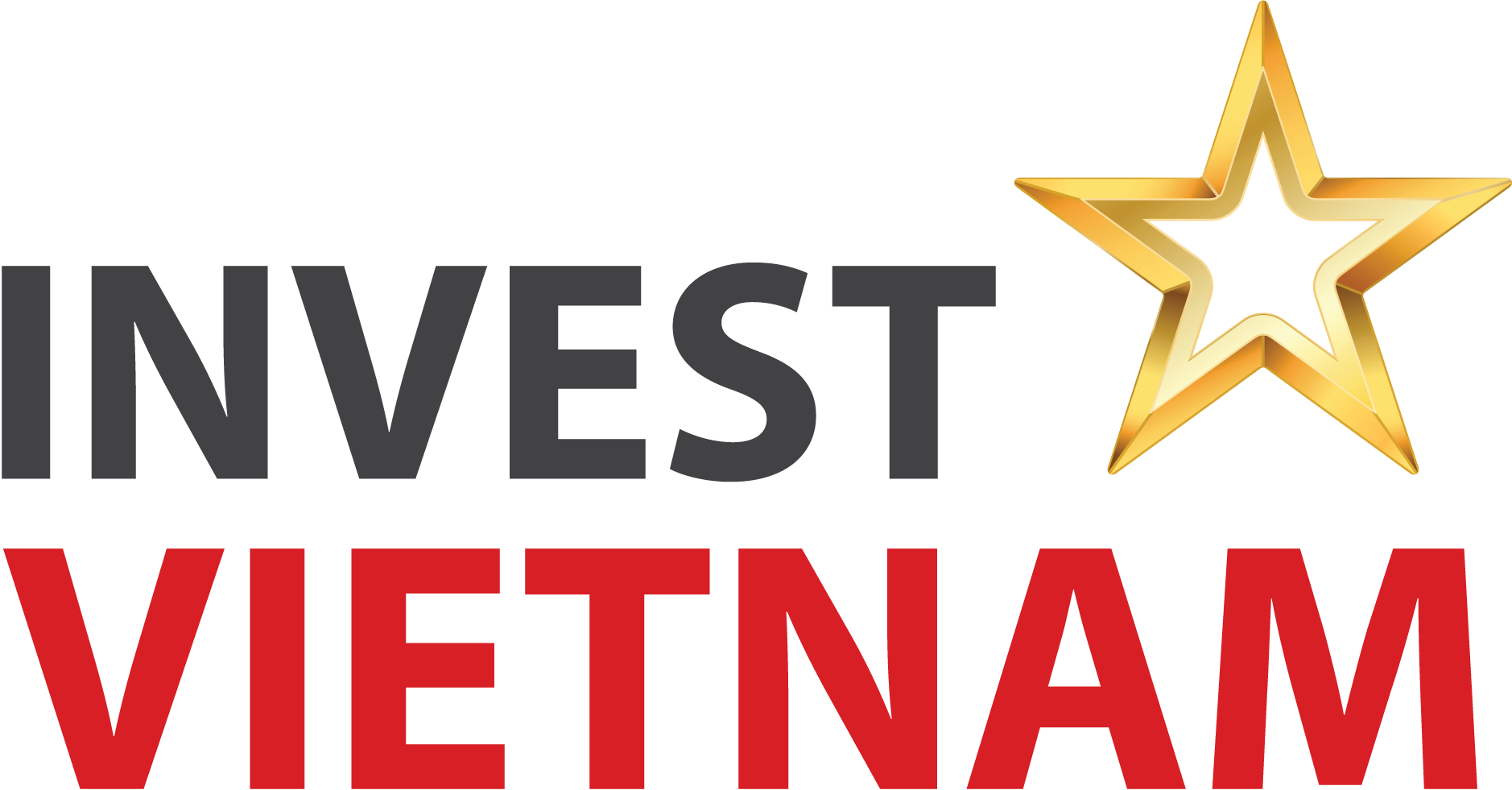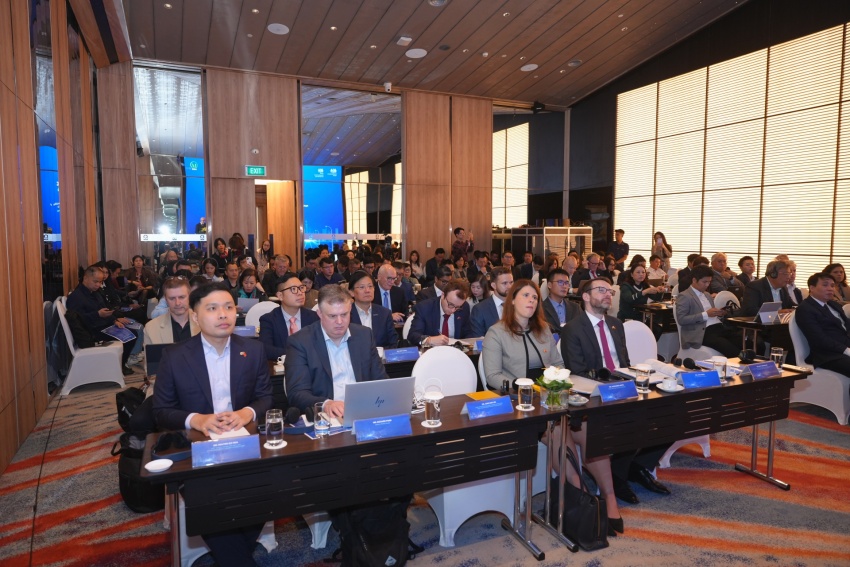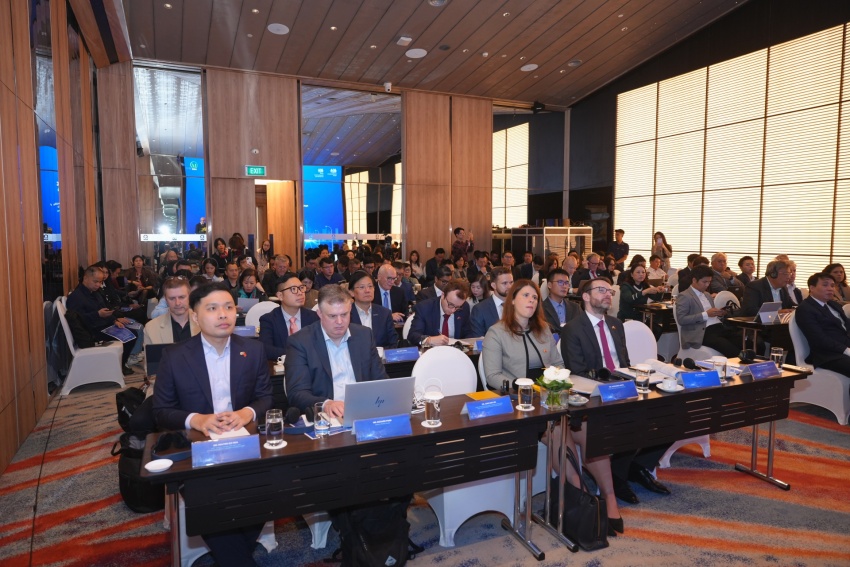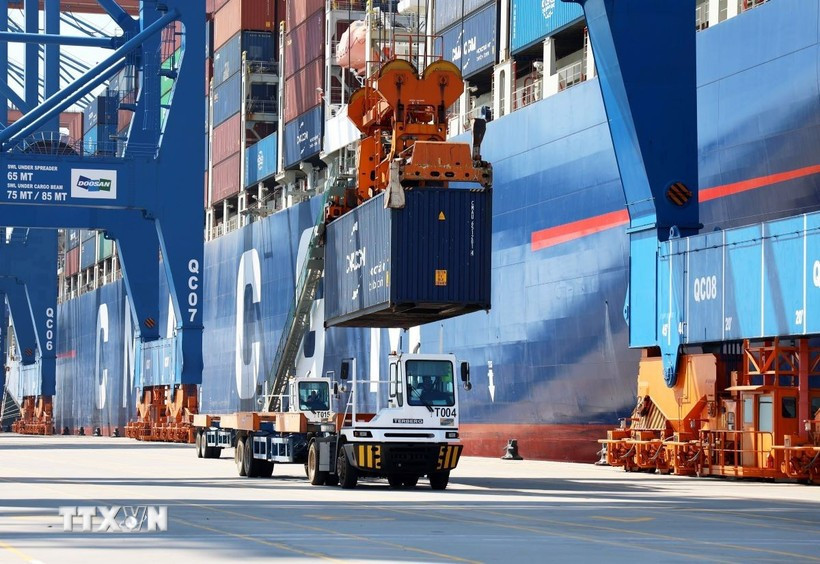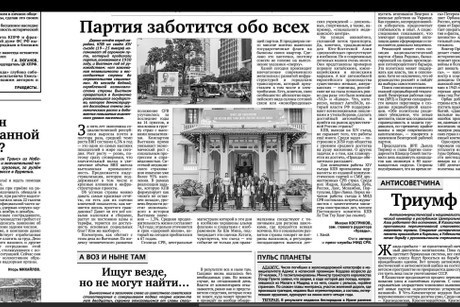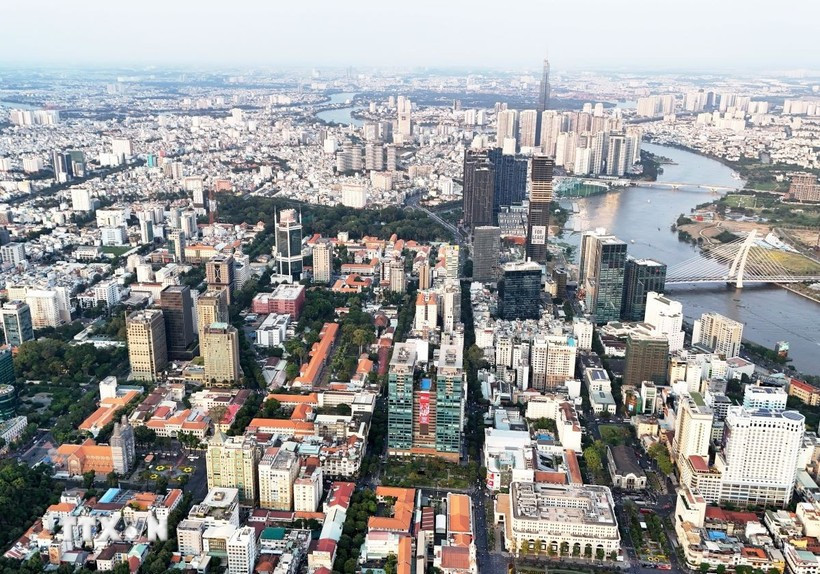Stable macro outlook and business environment makes Viet Nam attractive to foreign investors: HSBC
A stable macro outlook and business environment, and potential economic growth contribute to Viet Nam’s attractive story to foreign investors, said Country Head of Markets and Securities Services at HSBC Viet Nam Ngo Dang Khoa.
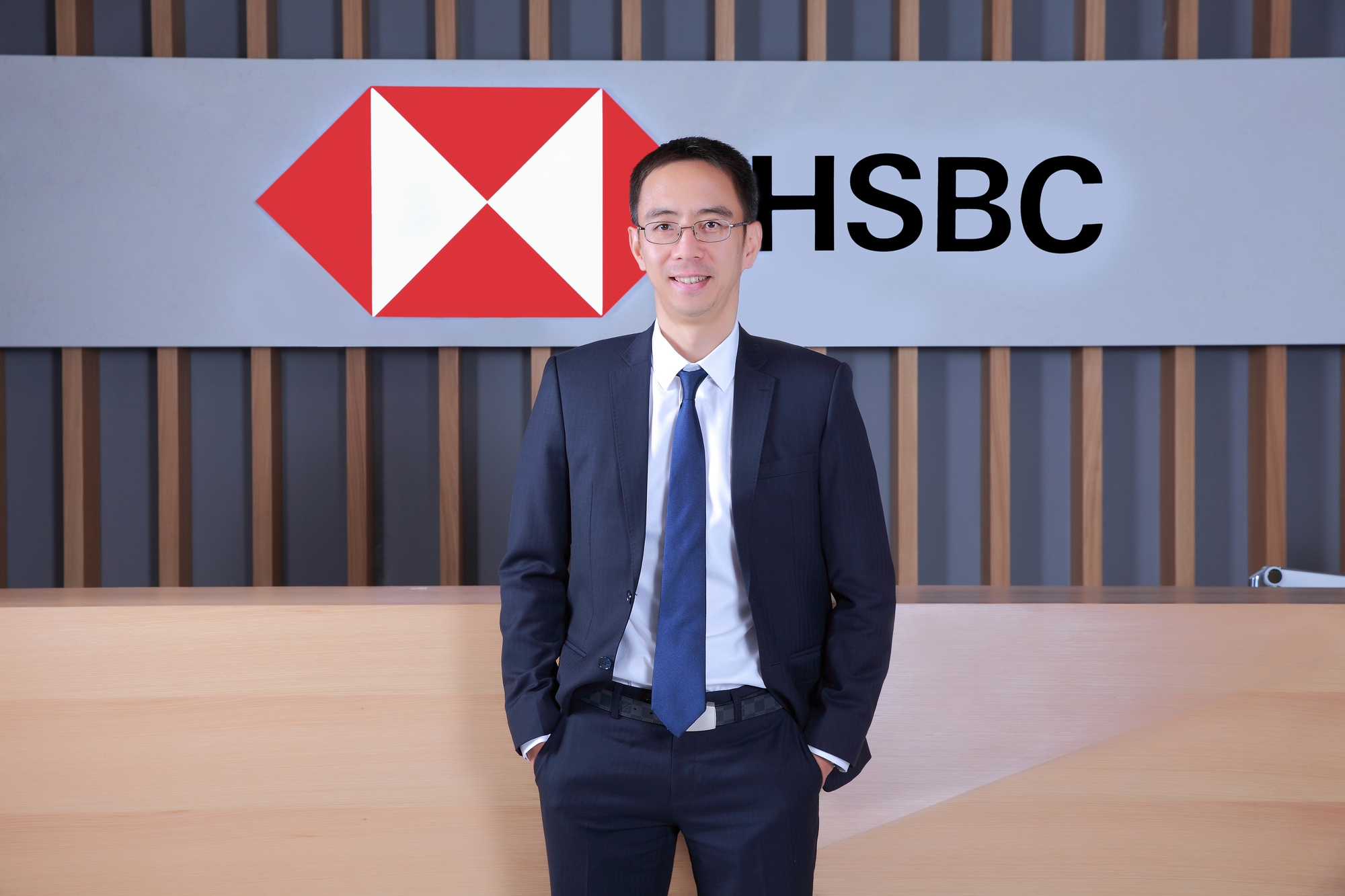
In a recent interview with the VGP, Ngo said, while the total newly registered foreign direct investment (FDI) remained almost unchanged to pre-pandemic levels, registered FDI in manufacturing industry has exceeded US$14.3 billion by November, a record high in recent years.
For one, FDI sources have been diversified with more China's manufacturers eyeing Viet Nam as an attractive investment destination. The FDI inflows into manufacturing have been boosted by some factors including a stable economy, labor cost compatitiveness and better production capacity.
Besides, Viet Nam has recently agreed to elevate its ties with the U.S. and Japan to a "comprehensive strategic partnership" and that would facilitate investment into the country.
The relationship elevations have opened a world of opportunities for foreign investors, particularly in higher value-added areas including semiconductor, information technology, as well as retails and financial services. Moreover, infrastructure and technology development have provided a platform for these opportunities to flourish.
According to the HSBC official, foreign investors have originally approached Viet Nam as a manufacturing hub with competitive labour costs, however, Viet Nam's strong economic growth over years has opened up new opportunities for the relationships, especially in higher value-added supply chain areas.
Investors will continue expanding their operations, business and bringing in advanced technology to the country. On the other hand, the government continues its administration reform, provides regulatory framework and guidance, and other incentives to attract FDI to Viet Nam, especially high-tech and high value-added investment.
For Viet Nam to remain an attractive FDI destination, the country should continue focusing on administration reforms, simplification of investment procedure, and a stable and healthy business environment.
The nation also needs to accelerate its public investment disbursement, particularly in key areas for instance infrastructure, critical infrastructures project to have positive impacts on other sectors and businesses.
Finally, Viet Nam should continue its flexible monetary policy to keep macro stability and support economic growth to create an attractive business environment to foreign investors, Ngo recommended.
Flexible monetary policy approach supports economic recovery
Regarding the Vietnamese Government's efforts to overcome economic headwinds in 2023, Ngo said, the nation entered 2023 on a strong footing, expecting to carry 2022's momentum of robust recovery.
That said, the country faced with headwinds both internally and externally since mid-year. Viet Nam saw sharply slowing growth in the first half of 2023, less than half of 2022's pace. Similar to many other export-dependant economies, sluggish demand for goods from the Western countries remained Viet Nam's key trade challenge.
Globally, geopolitical tensions coupled with prolonged monetary tightening have created different hurddles for Viet Nam. Domestically, the Government has to deal with a number of issues including real estate market downturn, local corporate bond market turmoil and credit growth slowdown.
In order to overcome challenges, a number of measures have been put in place to support growth, reiterated Ngo.
On the monetary front, the State Bank of Viet Nam (SBV) has provided accomodative policy support to both businesses and consumers to boost economic growth while remaining focus on macro and foreign exchange stability, and keeping inflation under control since the first half of 2023.
"The SBV was among the first Asian central banks to deliver the first and multiple rate cuts in the second quarter of the year. The SBV's refinancing rate was reduced to 4.5 percent from 6.0 percent, and other key policy rates were also lowered accordingly, resulting in a low rate environment that supports economic recovery", he noted.
There is limited room for further rate cuts given potential upside risks to inflation due to volatile commodity and energy prices, espcially oil price, and upward pressure on the USD/VND rate. The SBV has adopted a flexible monetary policy approach in managing the foreign exchange, controlling inflation, and supporting economic growth.
The SBV has issued Decree 31 and Circular 02 to urge and provide guidances to banks to support businesses and customers through debt and interest payment restructuring, extension, interest rate reduction, fee waiver, etc…
In terms of fiscal policy, the authorities have announced different financial support measures which were almost as strong as the relief measures during pandemic. That included 2 percent VAT reduction in selected sectors, delayed tax payment in 3-6 months for some taxes and fuel tax cut for petroleum and diesel oil.
Besides, the long awaited policy change in visa relaxation has been implemented from August 15, paving the way for easier travelling and attracting foreign tourists, the HSBC economist highlighted.
Viet Nam's economy continues to recover in 2024
In term of economic prospects for 2024, Ngo held that Viet Nam's economy started to some recovery in the third quarter with the growth at 5.3 percent, up from 3.7 percent in the first half of 2023.
This was thanks to the improvements in trade, starting in Septermber, October and continue its momentum in the fourth quarter. November marked the third month seeing Viet Nam's export growth year-on-year.
In particular, new areas with export growth potential, such as agricultural products, also continued to show signs of strength in support of a modest improvement towards year-end. Manufacturing aside, domestic activity continues to be a firm pillar for growth.
"As such, we expect the economy continues to recover in 2024. Retail continues to see robust growth thanks to the rebound in both domestic and international tourism, supporting services sector to continue to grow", he said.
On the other hand, the key downside risk to growth is the pace of global trade recovery. Despite some encouraging signs in certain shipments including electronics and agriculture products, the recovery hasn't seen broad-based.
Moreover, the inflation risks from energy and food prices are still lingering partly due to El Niño phenomenon, and the recent power price raise cycle. Undoubtedly, upside risks to prices have not yet dissipated.
Therefore, Viet Nam needs collective efforts to address the demand and reduce price instability, boosting economic growth sustainably, he suggested./.
Thuy Dung
Source: VGP
Original link